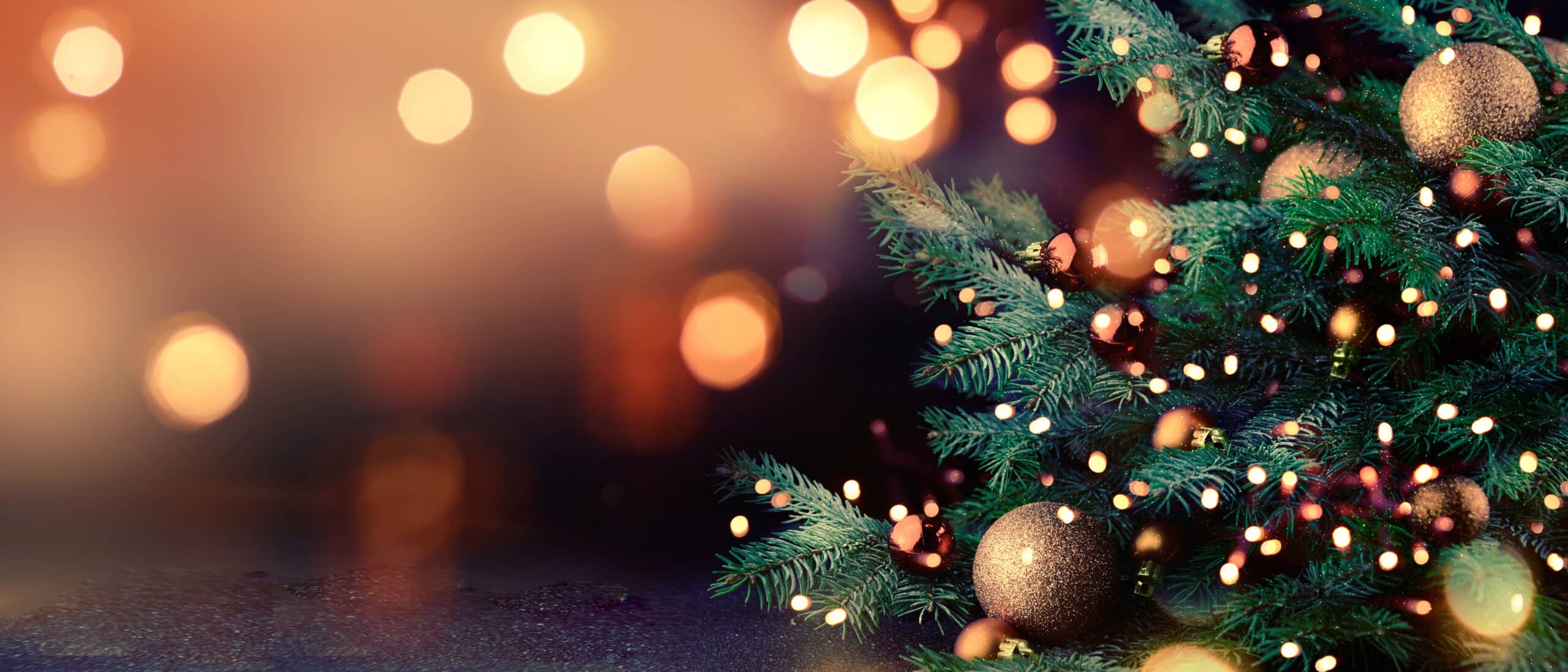The holidays are a time for gathering with friends and family, for celebrating the year gone by, and looking forward to the year to come. For some, it also means feeling depressed or getting the “winter blues.” If you feel depressed at the same time each year, you may be experiencing seasonal depression. Seasonal depression is very common; it affects 5% of Americans each year, which may not seem like a lot, but it amounts to millions of individuals. There is hope, however. If you routinely struggle with seasonal depression, wellness coaching and holistic therapies can help relieve your symptoms and get you back into the spirit of the holidays.
At Hammocks on the Edisto near Charleston, South Carolina, our mental health experts can help women affected by the changing seasons. Our depression treatment program can teach you coping skills and provide strategies to help you keep your spirits up during the holiday season. If you or someone close to you routinely feels depression during the winter months, call 833.793.0191 today to speak with our staff about our mental health treatment programs.
Understanding Seasonal Depression
According to Boston University, 10 million Americans were affected by seasonal depression or seasonal affective disorder (SAD) in 2019, with women four times as likely to experience the condition than men. Because this form of depression is directly related to the changing seasons, those who live further away from the equator are significantly more likely to feel seasonal depression.
Typically, seasonal depression starts in the early fall as winter approaches and can last until spring, when the days get longer and people have more access to sunlight. That said, some individuals experience seasonal depression at the start of spring, with symptoms starting mild and getting more severe throughout the season.
According to researchers at Mayo Clinic, typical symptoms of seasonal depression include:
- Low energy
- Insomnia
- Loss of interest in fun activities
- Feeling sluggish
- Difficulty concentrating
- Feeling hopeless
- Thoughts of suicide
Symptoms that are specific to winter-onset seasonal depression also may include:
- Oversleeping
- Cravings for foods high in carbohydrates
- Weight gain
For those who are affected by spring/summer seasonal depression, symptoms can also include:
- Insomnia
- Poor appetite
- Weight loss
- Agitation
Avoiding Seasonal Depression During the Holidays
Fortunately, there are plenty of things you can do to avoid seasonal depression during the holidays. These include but are not limited to:
- Talk to your therapist – Enroll in a mental health treatment program to help you with seasonal depression. Therapy will include individual and group therapy to give you tips for coping with SAD. Your therapist can also prescribe medication if your case is more severe.
- Light therapy – A lack of sunlight affects your circadian rhythm (sometimes called your “biological clock”). Getting a “lightbox” or SAD lamp that simulates sunlight can help improve your mood. There are also dawn simulation alarm clocks that wake you up with gradually brightening light instead of loud noise or music.
- Social activities – Cold, cloudy days are great for curling up by the fire, but if you are experiencing seasonal depression, you will benefit more from getting together with friends and going for a brisk walk. Exercise and socializing will help improve your mood and give your body some exercise. If the weather is poor, start a group video chat and practice yoga or other indoor activities like painting or talking about a favorite movie or book.
- Stick to a schedule – Oversleeping is a common symptom of seasonal depression, and you can help improve your mood by sticking to a schedule. Wake up and go to bed at the same time each day. Try to wake up just as the sun is rising to maximize the amount of sunlight you receive.
Treatment at Hammocks on the Edisto Can Help with Your Seasonal Depression
At Hammocks on the Edisto, our women’s wellness coaching and holistic therapies can help with your seasonal depression. Your treatment will include individual therapy and group therapies, which will involve sharing your thoughts and feelings with other women in the program. You can also take advantage of our more holistic, patient-centered treatment approaches, like pilates and therapeutic yoga.
If you are susceptible to seasonal depression each year, call 833.793.0191 today to speak with our friendly staff about getting the help you need.
- “Seasonal Affective Disorder” – American Psychiatric Association
- “Seasonal Affective Disorder Affects 10 Million Americans” – Boston University
- “Seasonal Affective Disorder (SAD)” – Mayo Clinic





